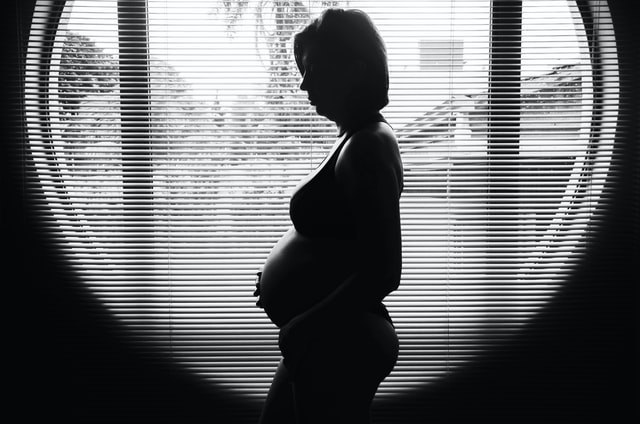Is Chronic Back Pain Keeping You Awake?
Lack of sleep is often greeted with advice like dropping caffeine and adjusting your bedtime routine, but these fixes do not solve all sleep problems. Oftentimes, insomniacs can be desperate enough to take sleeping pills; however, the root of the problem could be much easier to fix than treating the insomnia itself.
Chronic pain has long been linked with insomnia and is considered pain lasting for three months or more. It can be caused by previous injury or ongoing medical issues, or even something as simple as lack of exercise or unhealthy posture. However, types of chronic pain can be hard to identify and treat without help, leading to many continuing to suffer from lack of sleep and other issues associated with chronic pain.
A recent study conducted at Yamato University in Japan sought to identify the most common types of chronic pain associated with sleeplessness. This would allow insomniacs to identify what type of pain they’re experiencing to better combat their sleep issues with lifestyle adjustments. The study contained a pool of 494 students 18 years or older. All participants completed the Athens Insomnia Scale (AIS) and Pain Catastrophizing Scale (PCS) with the AIS being a questionnaire on sleep habits that provides a numerical value on the level of insomnia a patient is experiencing and the PCS asking participants questions about their pain for specific areas of the body to identify if they experienced chronic pain for those areas. Alarmingly, 17.4% of students had insomnia while 30% suffered from chronic pain. The most common type of chronic pains amongst the students was lumbar, or lower back, pain (49%) and shoulder joint pain (29%). The researchers were also able to positively correlate the lower back pain with insomnia, meaning that the two issues were connected.
Chronic pain has long been linked with insomnia and is considered pain lasting for three months or more. It can be caused by previous injury or ongoing medical issues, or even something as simple as lack of exercise or unhealthy posture. However, types of chronic pain can be hard to identify and treat without help, leading to many continuing to suffer from lack of sleep and other issues associated with chronic pain.
A recent study conducted at Yamato University in Japan sought to identify the most common types of chronic pain associated with sleeplessness. This would allow insomniacs to identify what type of pain they’re experiencing to better combat their sleep issues with lifestyle adjustments. The study contained a pool of 494 students 18 years or older. All participants completed the Athens Insomnia Scale (AIS) and Pain Catastrophizing Scale (PCS) with the AIS being a questionnaire on sleep habits that provides a numerical value on the level of insomnia a patient is experiencing and the PCS asking participants questions about their pain for specific areas of the body to identify if they experienced chronic pain for those areas. Alarmingly, 17.4% of students had insomnia while 30% suffered from chronic pain. The most common type of chronic pains amongst the students was lumbar, or lower back, pain (49%) and shoulder joint pain (29%). The researchers were also able to positively correlate the lower back pain with insomnia, meaning that the two issues were connected.
Image Source: Karolina Grabowska
There are many lifestyle changes that can help alleviate lower back pain, such as reducing the amount of time spent sitting during the day. On average, college students spend over 30 hours a week sitting, which deforms the spine and increases pressure on the lower back. Taking breaks or working while standing could help to lessen strain on the back. Additionally, exercise builds muscles in the back that improves function and flexibility, which prevents future back injuries. Movement therapies like yoga and tai chi are also known to reduce lower back pain to great effect.
Overall, identifying the source of insomnia allows individuals to combat the cause of their sleeplessness instead of the symptoms. Chronic lower back pain could be the cause of many people’s sleep disorders, and can be alleviated by simple lifestyle modifications such as increasing exercise or making a concerted effort to reduce time spent sitting.
Overall, identifying the source of insomnia allows individuals to combat the cause of their sleeplessness instead of the symptoms. Chronic lower back pain could be the cause of many people’s sleep disorders, and can be alleviated by simple lifestyle modifications such as increasing exercise or making a concerted effort to reduce time spent sitting.
Featured Image Source: cottonbro studio
RELATED ARTICLES
|
Vertical Divider
|
Vertical Divider
|
Vertical Divider
|






